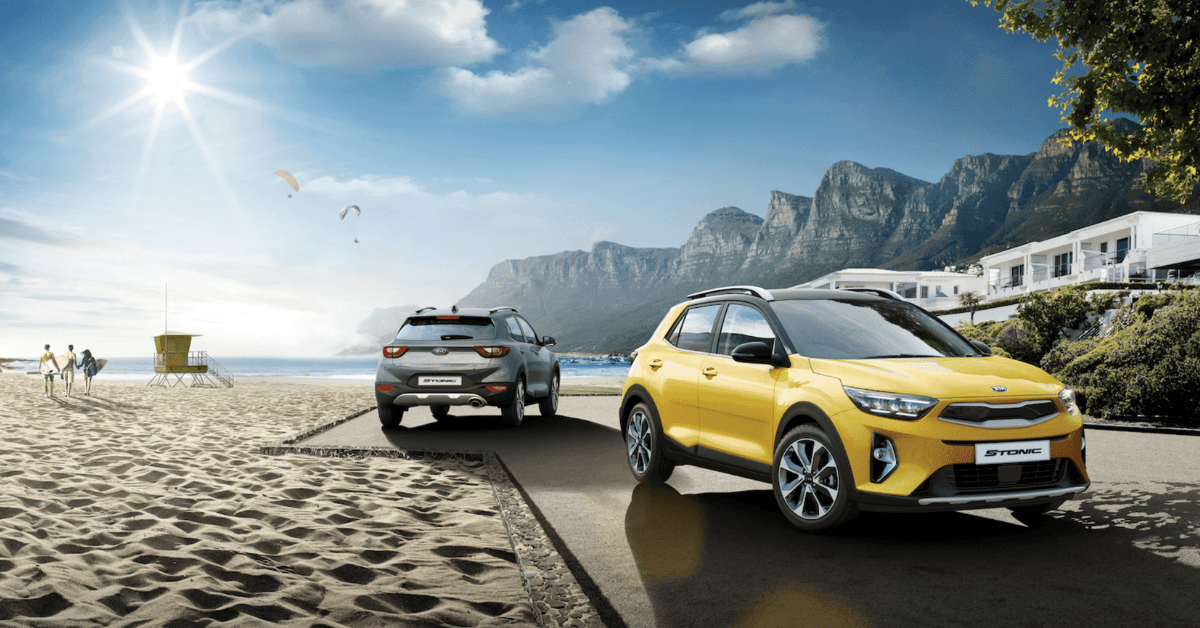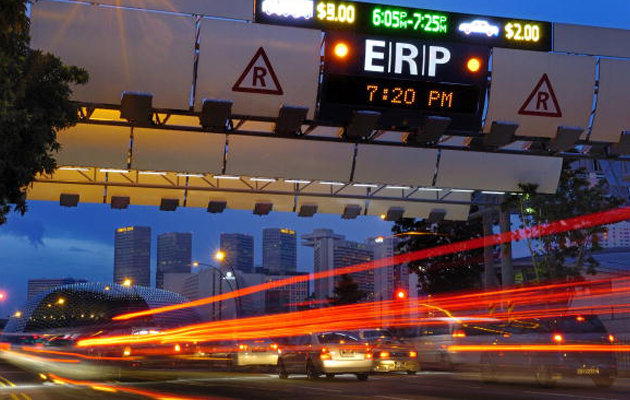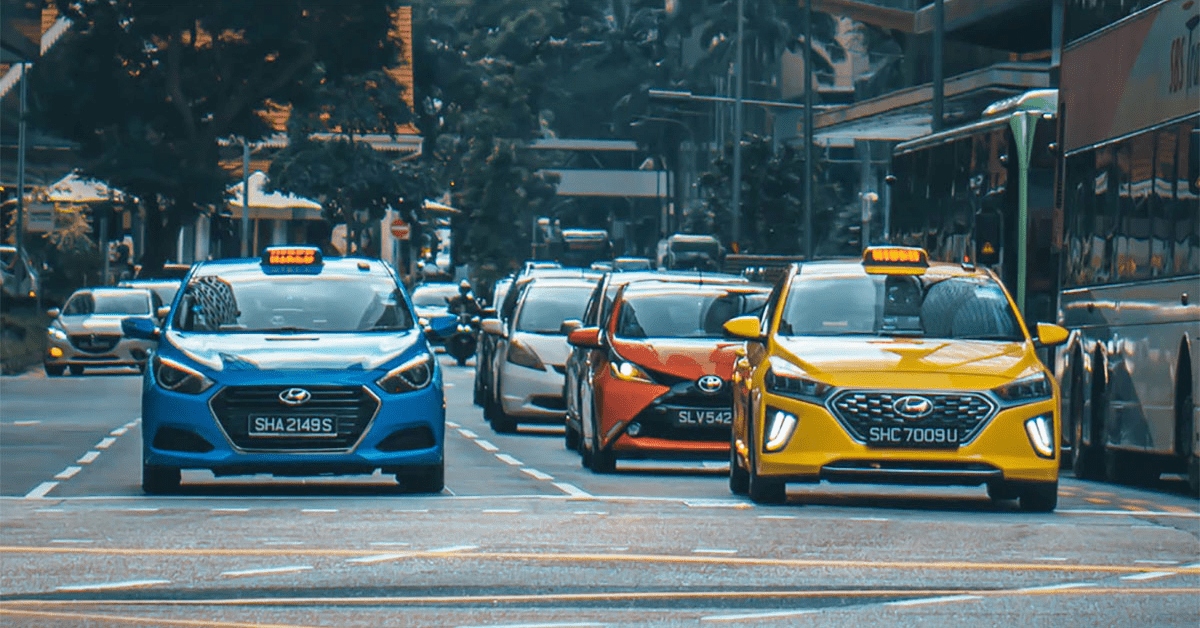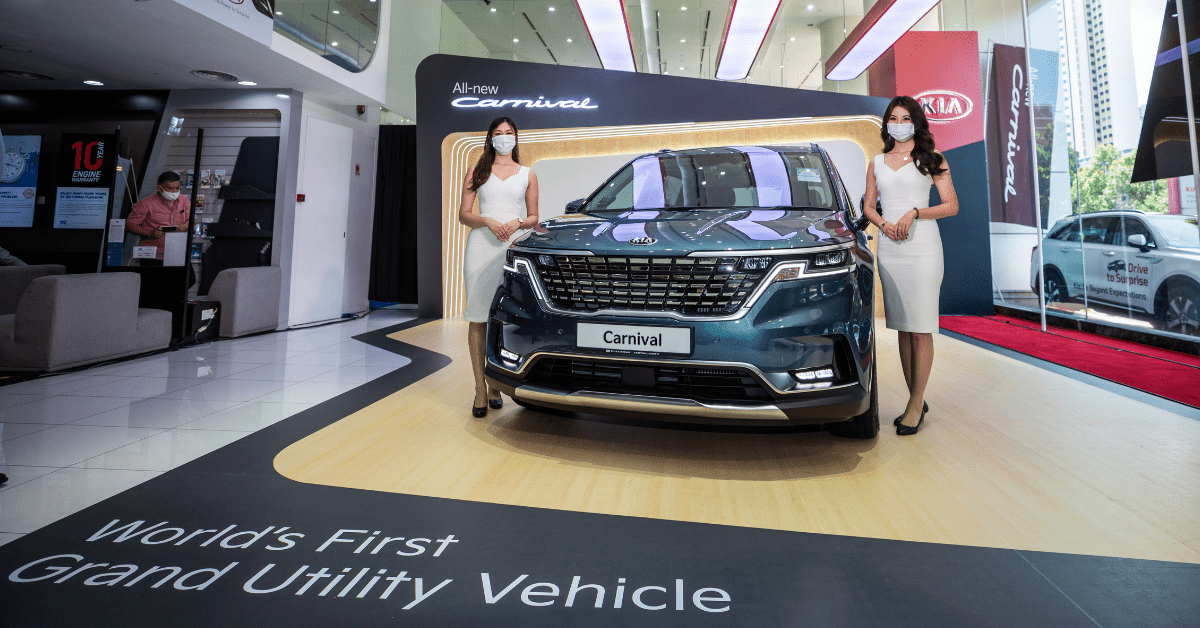The future of transport points towards self-driving cars with major automakers like Tesla and Ford on the bandwagon. These manufacturers are looking to outdo each other in terms of producing the safest and most reliable version of autonomous car technology.
With the fast-paced and ever-changing mobility landscape, Singapore has done well in keeping up with the industry. In 2017, the Ministry of Transport implemented a series of Autonomous Vehicle Rules to address the trials of self-driving cars. Driverless and autonomous vehicles like Garden’s by the Bay’s Auto Rider and taxi service nuTonomy were also introduced.
But are we actually ready for it? Is the technology safe and reliable enough to be used and to ensure our and others’ safety?
Safety Issues
Self-driving vehicles are equipped with the technology to ensure the safety of its passengers and pedestrians on the road. But is it possible for this technology to fail?
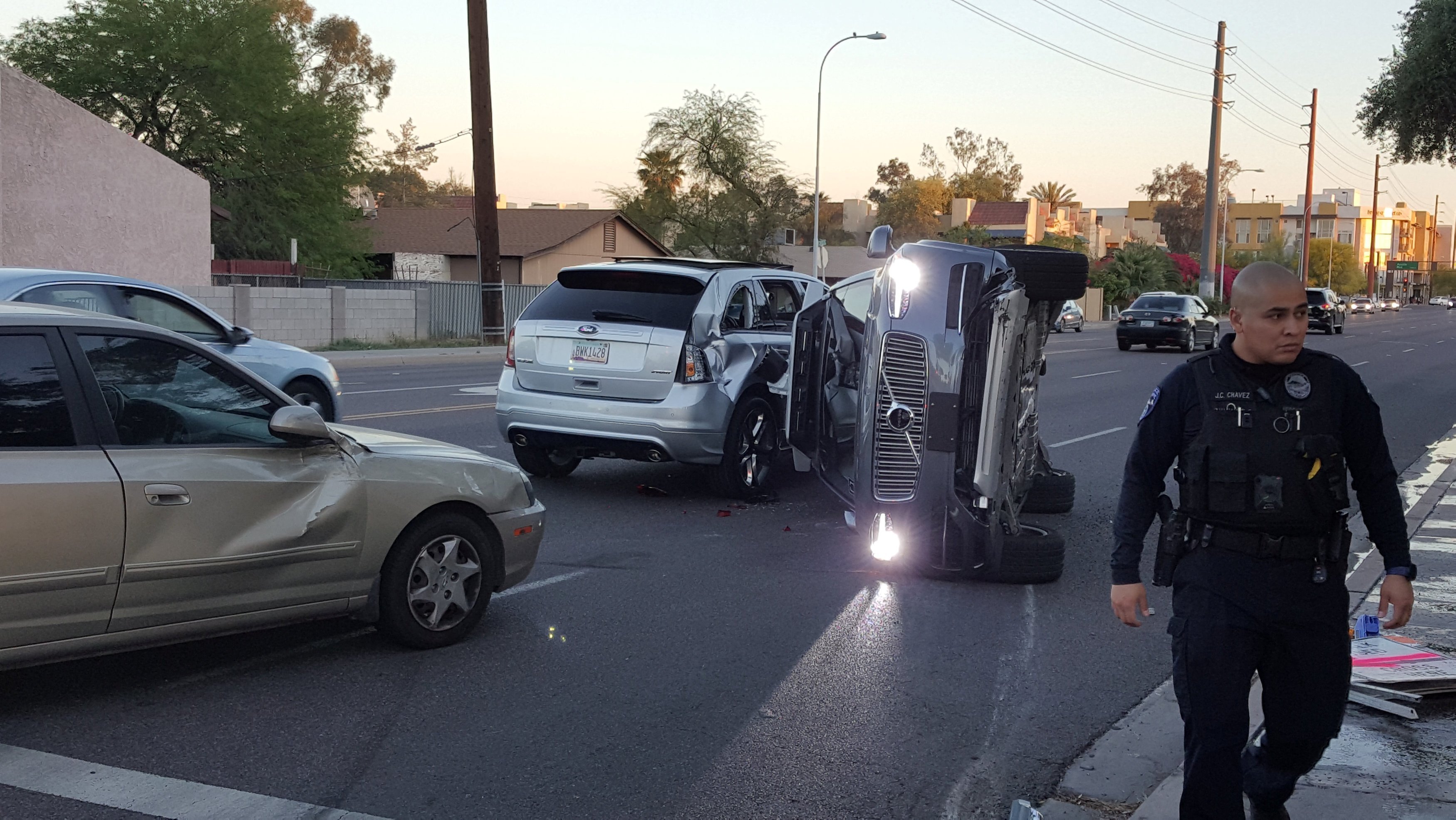
Even though accidents involving autonomous vehicles are much (much) lower compared to accidents caused by human drivers, it’s still possible for self-driving cars to get into an accident. And these accidents usually involve other cars and not pedestrians.
So when an accident involving a self-driving car and pedestrian surfaces, it’s definitely big news. Take for example the case of Uber’s self-driving programme, where a woman in Arizona was killed in the accident.
Many experts pointed the finger at Uber’s technology and how the whole situation could’ve been avoided. There were also widespread rumours that the programme has had safety issues and glitches for quite some time and during implementation, the company used fewer sensors in its technology. Due to this, Uber had to pull the plug for this programme.
With that, the concerns around the safety of autonomous vehicles remain – how far can we trust self-driving cars?
A Chain Reaction?
While statistics show that self-driving cars are generally safer than cars driven by people, it is near impossible to be conclusive with the data. The Uber incident generated a fall-out in the perception of self-driving vehicles.
The technology was supposed to reduce the number of motor vehicle fatalities, instead of adding to it. Consequently, there’s huge potential for interruptions in the development of this technology, which is pretty unfortunate.
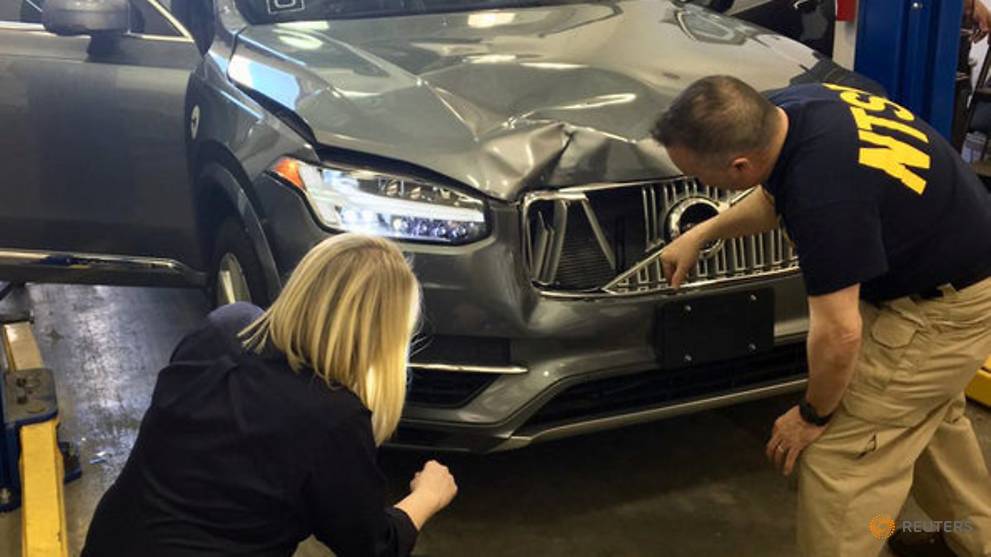
So, after all that’s happened, how are self-driving car manufacturers working to address the concerns? Let’s take a deeper look at it.
1. BMW

The German giants believe that their consumers’ safety is of the utmost importance. Since 2004, automated driving has been a key project with the Autonomous Driving Campus in Unterschleißheim driving this.
Currently, BMW is working on the iNext, where the car will take on level 3 semi-autonomous driving technology.
2. Toyota
/cdn.vox-cdn.com/uploads/chorus_image/image/66375289/Photo1.0.png)
Toyota has been researching and developing autonomous car technology since the 1990s. Recently, Toyota is reported to be partnering Pony.ai to do a pilot programme for autonomous vehicles in Beijing and Shanghai. Not only the testing will be done in top cities of China, but it will also be done on public roads. This would mean a step closer to enabling self-driving cars on the road for the Japanese automaker.
3. Jaguar Land Rover
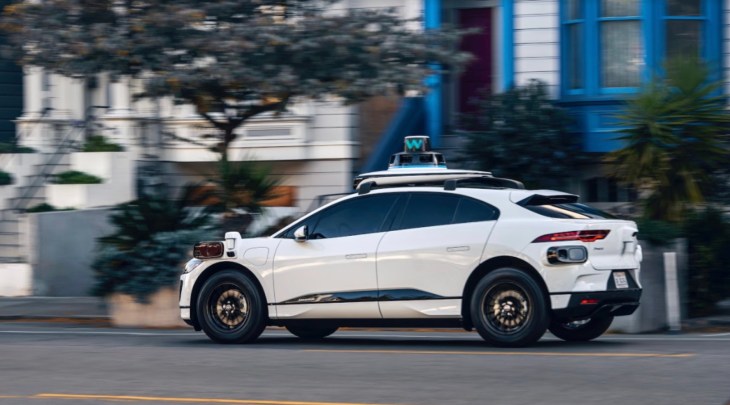
For Jaguar Land Rover, they have been partnering Waymo to develop self-driving cars. The results? Autonomous Jaguar I‑PACE electric vehicles. Currently, the vehicles are under data collection phase for machine learning. Once it’s ready, the fleet will hit the road with a human safety driver, and then onto the public roads.
Have perceptions changed?
For sure, safety is a huge concern, especially with the accidents involving self-driving cars and pedestrians. To some, the incidents were just an anomaly, and it could be helpful in aiding the advancement of self-driving technology. Once with more testing to ensure that the technology is ready for use, it should be safe enough to be out on the road.
In Singapore’s context, our naturally conservative society might be opposed to the implementation of the new technology. Back in Oct 2019, the government has opened up Western Singapore to the testing of autonomous vehicles. There are still some doubts on the testing, but the general consensus is pretty welcoming of the new technology.
So, will you welcome self-driving and autonomous cars or shun away from it? Tell us in the comments below.
People also liked: A COMPLETE GUIDE TO DISINFECT YOUR CAR CARRO & NTUC INCOME’S USAGE-BASED INSURANCE FOR CAR SUBSCRIPTION: ALL YOU NEED TO KNOW KEEP YOUR CAR IN TIP-TOP CONDITION FOR POST CIRCUIT BREAKER DRIVING

